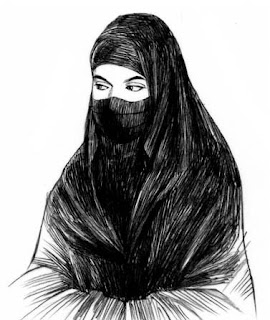Arabic Words You Unknowingly Use Posted by online Arabic teacher

"Apricot", "massage", "mean" ... We use these terms on a daily basis without suspecting the richness of their history. Le Figaro invites you to (re) discover it . Online Arabic teacher is the best place to learn Arabic language. Pixabay We are far from imagining the origin of the words we use every day. Words that appear absolutely banal, perfectly ordinary. “Mustache”, for example! The term comes from the Italian mostacchio , itself from the Byzantine Greek mustakhion , diminutive of mustac , "upper lip". There is the word "dress" too. Borrowed from the Germain Rouba, “booty” hence “clothing of which someone has been stripped”, specifies Le Trésor de la langue française. Thus, over the centuries, it is quite naturally that Arabic words have gradually integrated the columns of our dictionaries. The eminent lexicologist Jean Pruvost retraces the journey of these words into the French vocabulary in his enlightening work N...


